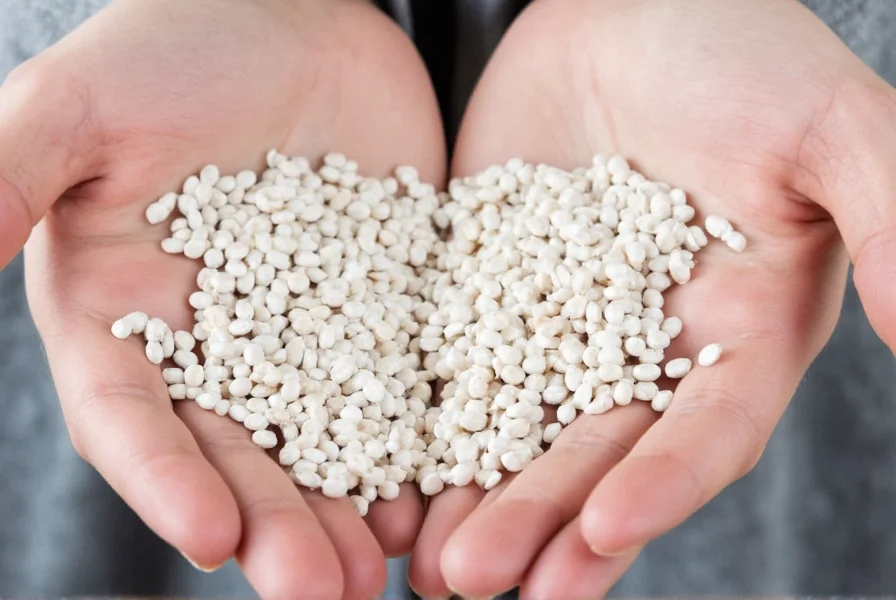Based on current medical evidence, there are no documented direct interactions between fenugreek and either Rybelsus (semaglutide) or Jardiance (empagliflozin). However, both medications and fenugreek independently lower blood glucose levels, creating a potential theoretical risk of additive effects that could increase hypoglycemia risk. Always consult your healthcare provider before combining diabetes medications with herbal supplements.
Understanding potential interactions between prescription medications and herbal supplements is crucial for diabetes management. Many patients explore natural remedies like fenugreek alongside their prescribed diabetes medications, making it essential to examine possible interactions with common treatments such as Rybelsus and Jardiance.
Understanding Rybelsus and Jardiance
Rybelsus (semaglutide) belongs to the GLP-1 receptor agonist class of diabetes medications. It works by stimulating insulin production when blood sugar is high, slowing gastric emptying, and reducing appetite. As the first oral GLP-1 medication approved by the FDA, it's become a popular choice for type 2 diabetes management.
Jardiance (empagliflozin) functions as an SGLT2 inhibitor, working through a different mechanism by causing the kidneys to remove sugar from the body through urine. Both medications have demonstrated cardiovascular benefits beyond their glucose-lowering effects.
Fenugreek: Properties and Uses
Fenugreek (Trigonella foenum-graecum) is an herb commonly used in traditional medicine, particularly for blood sugar management. Its seeds contain compounds like 4-hydroxyisoleucine that may improve insulin sensitivity and glucose metabolism. Many people use fenugreek supplements seeking natural support for diabetes management.

Current Understanding of Potential Interactions
While no specific studies have examined fenugreek's interaction with Rybelsus or Jardiance directly, we can analyze potential concerns based on their individual mechanisms:
| Medication/Supplement | Primary Mechanism | Potential Interaction Concern |
|---|---|---|
| Rybelsus (semaglutide) | GLP-1 receptor agonist | Additive blood glucose lowering effect |
| Jardiance (empagliflozin) | SGLT2 inhibitor | Potential for increased hypoglycemia risk |
| Fenugreek | Insulin sensitizer, slows carbohydrate absorption | May enhance medication effects |
Research Status on Fenugreek Interactions
Major drug interaction databases including Micromedex, Lexicomp, and the National Institutes of Health's LiverTox database don't list specific interactions between fenugreek and either Rybelsus or Jardiance. However, this absence of documented interactions doesn't guarantee safety.
A 2021 review published in the Journal of Dietary Supplements noted that while fenugreek shows promise for blood sugar control, "the potential for additive hypoglycemic effects when combined with conventional antidiabetic medications warrants caution and medical supervision."
The primary concern isn't a chemical interaction but rather a pharmacodynamic one—both the medications and fenugreek work to lower blood glucose through different pathways, potentially creating an additive effect that could lead to hypoglycemia.
Practical Considerations for Patients
If you're considering using fenugreek while taking Rybelsus or Jardiance, these evidence-based recommendations can help you make informed decisions:
- Monitor blood glucose more frequently when starting or changing fenugreek dosage
- Watch for hypoglycemia symptoms including dizziness, confusion, sweating, and shakiness
- Keep a detailed log of medication doses, supplement intake, and blood sugar readings
- Start with lower fenugreek doses if approved by your healthcare provider
- Never discontinue prescribed medications to use supplements instead
When to Consult Your Healthcare Provider
Before adding fenugreek to your regimen while taking diabetes medications, schedule a consultation with your healthcare provider. Bring specific information about:
- The fenugreek product you're considering (brand, dosage, form)
- Your current medication regimen and dosages
- Your recent blood sugar control patterns
- Any other supplements you're taking
Your provider may recommend:
- Adjusting your medication dosage
- Creating a monitoring schedule
- Starting with a trial period under supervision
- Alternative approaches to managing blood sugar
Evidence-Based Approach to Supplement Use
The American Diabetes Association states that while some herbal supplements show promise for blood sugar management, "evidence for most supplements is limited, and potential interactions with medications must be carefully considered." Their position emphasizes that supplements should never replace proven medical treatments but may be considered as complementary approaches under medical supervision.
Remember that "natural" doesn't automatically mean safe, especially when combined with prescription medications. The lack of regulation for dietary supplements means product quality and consistency can vary significantly between brands.











 浙公网安备
33010002000092号
浙公网安备
33010002000092号 浙B2-20120091-4
浙B2-20120091-4